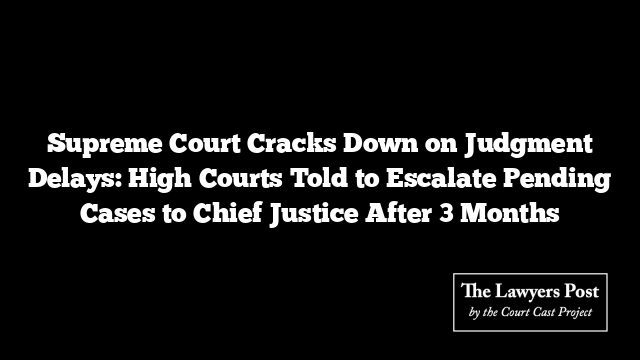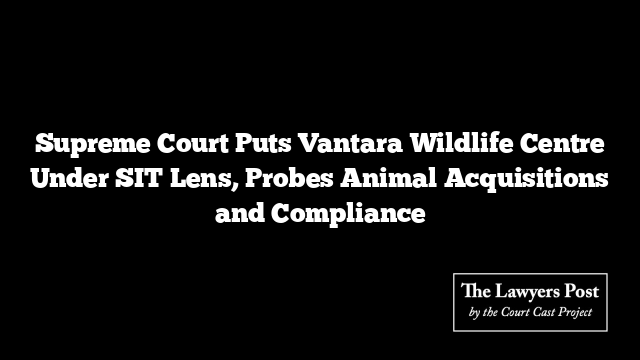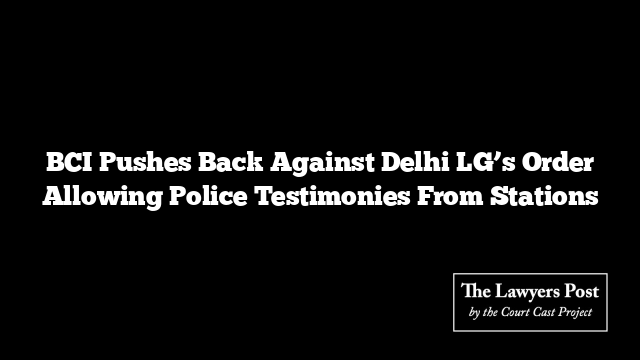The Supreme Court has sounded a sharp warning to High Courts over the growing problem of “reserved but forgotten” judgments, stressing that justice delayed is justice denied.
Expressing disbelief at how some benches take months—sometimes years—after concluding hearings to pronounce orders, the Court declared that such practices erode public faith in the judicial system.
“It is shocking and surprising that a judgment was not delivered for almost a year after the appeal was heard,” the bench of Justices Sanjay Karol and Prashant Kumar Mishra observed, adding that this pattern is surfacing far too often across High Courts.
Revisiting its landmark ruling in Anil Rai v. State of Bihar (2002), the Supreme Court reminded that if a decision is not handed down within six months of being reserved, litigants have the right to approach the Chief Justice for reassignment of the case. This safeguard, it said, must not remain on paper.
The Court issued strict directions: every Registrar General must compile monthly lists of matters where judgments remain pending beyond three months and place them before the Chief Justice. If no ruling emerges within the next fortnight, the case must be reassigned to another bench.
Another concern flagged was the trend of High Courts delivering “final orders” without reasons, with detailed judgments withheld indefinitely. Such practices, the Court said, deprive aggrieved parties of the chance to seek further legal remedies—a flaw already criticized in earlier rulings, including Ratilal Jhaverbhai Parmar v. State of Gujarat (2024).
The present case arose from a long-pending criminal appeal in Allahabad High Court, where hearings concluded as far back as December 2021 but no judgment was ever announced. Despite repeated reminders, adjournments, and shifting rosters, the matter remained unresolved, forcing the Supreme Court to intervene.
The Court has now ordered the Allahabad High Court’s Registrar General to bring the lapse to the Chief Justice’s attention and submit a report on the sequence of delays.
For litigants like Ravindra Pratap Shahi, who has been awaiting closure since 2008, the ruling offers a rare measure of accountability in a system where delays have too often become the norm rather than the exception.





